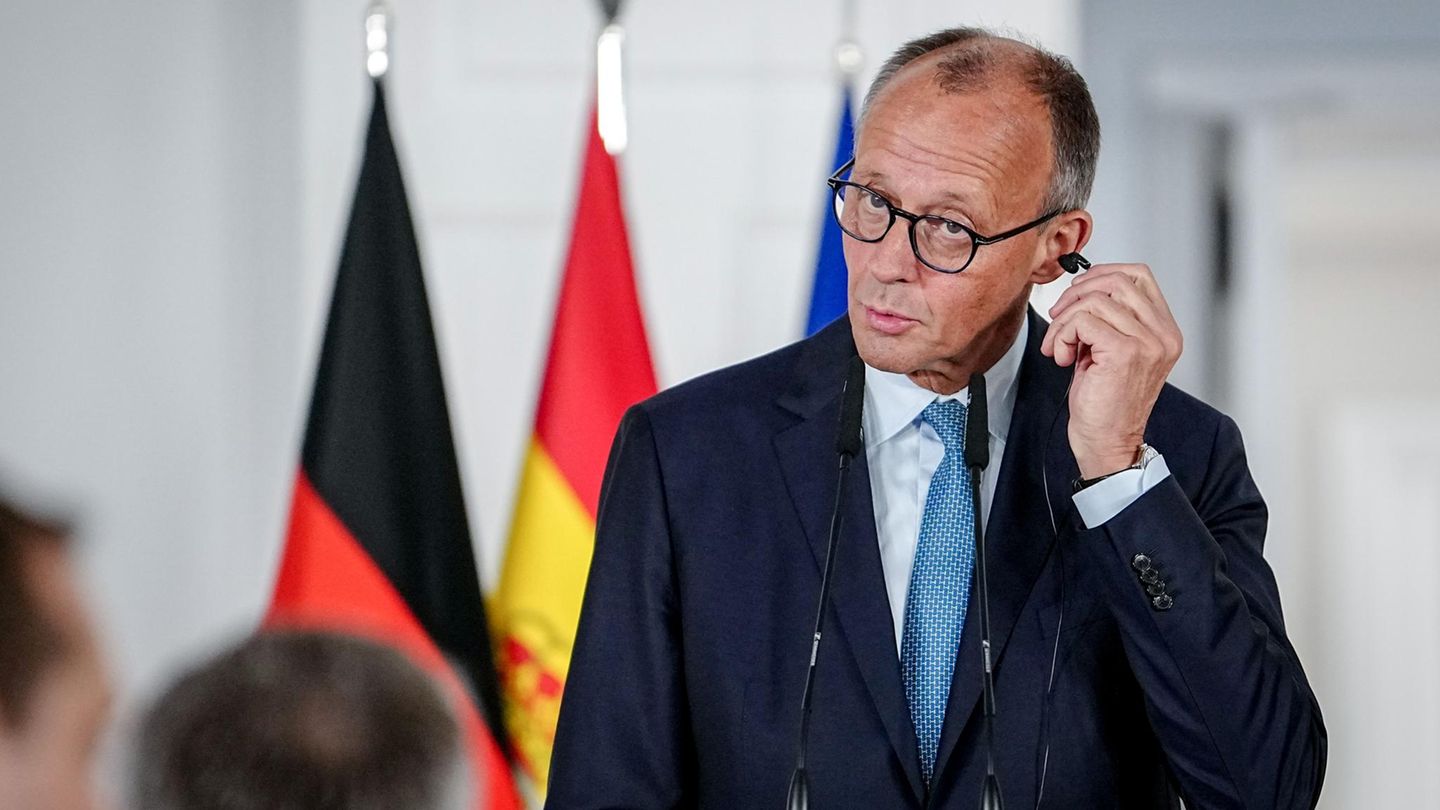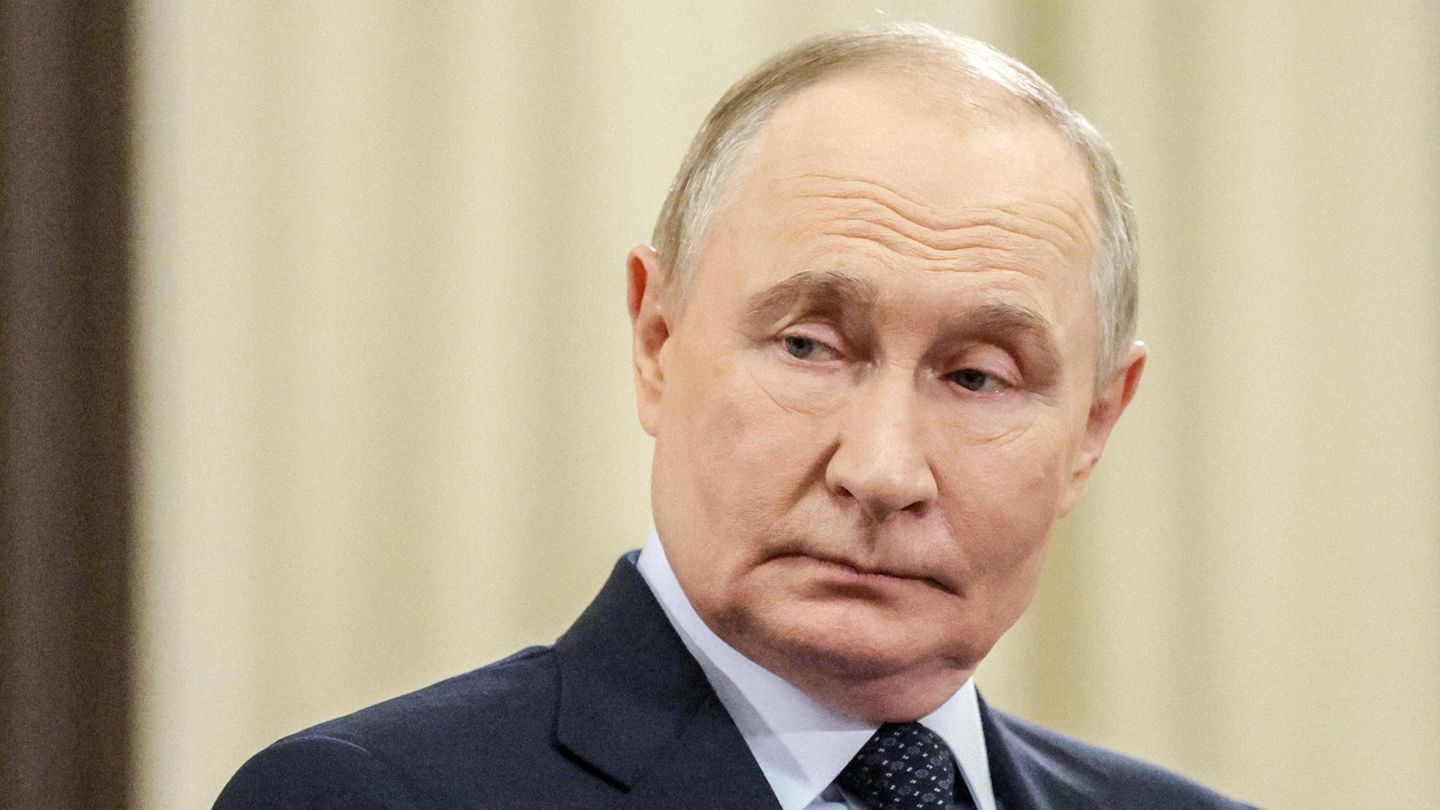Before the proposal, Massa anticipated three measures that will be applied: they will add credits from Banco Nación to finance purchases abroad, they will change the annual rule to access imports and they will add a member of the UIA to a government table to discuss critical situations. He informed that, if the new SIRA system had not been introduced, until the end of the year there were imports requested for US$39,000 million. “Everyone knows that number is not what production needs to work,” he said.
First, Massa mentioned the change in the terms of access to foreign currency and in the new advances: “We don’t want them to pay just for sinners. For this reason, we reduced access to foreign currency from 180 to 60 days, and we changed the advance payment system to US$50,000”. Then he mentioned the new availability of credits. “I saw Silvina here,” Massa mentioned, referring to Silvina Batakis, president of Banco Nación, who was in the auditorium. In the morning, she had also been at one of the main tables of the Julia Strada auditorium, one of the directors of the BNA. “We are working with Banco Nación to establish a new system. Because most of the Argentine banks abroad are correspondents of Argentine banks. But the Banco Nación in New York and Madrid are banks, so we are going to set up a financing mechanism for those who need access to international credit markets”, explained Massa. In addition, she reported that they are going to fund it with multilateral organizations, which will provide a guarantee mechanism for those who need to import from the European market and the United States.
It is that in the round tables in front of the stage, imports were the main topic of conversation. A heavyweight industrialist in the province of Buenos Aires said that the difficulties of access to financing increase in smaller companies, and those that manage to do so, do so at a rate of up to 12% in dollars. “80% of the factories reduced production or shifts, it is the first thing you talk about when you come across someone here,” said the businessman in dialogue with Ámbito, and preferred not to be mentioned. “They already told us that finished goods will not be the priority, and capital goods are being pushed forward,” said the same source.
On the other hand, Massa anticipated that the UIA will have a central place in decision-making. “We made the decision to incorporate the executive director of the UIA into the weekly work table that analyzes the risk traffic light, so that he coordinates the risk traffic lights with the cameras, see critical situations and resolve them.”
As a joke, Rodríguez launched before the audience: “We are going to be passing Coatz’s phone.” He was referring precisely to the chief economist of the UIA, Diego Coatz. After Massa’s speech, there was an affectionate hug between the minister and the economist. Thus, Coatz will join a committee made up of Commerce, AFIP, Customs and the BCRA, which will meet Tuesday and Thursday, where cases where there are “divergences” will be resolved, official sources said.
Finally, Massa anticipated that in 2023 they will seek to establish a new “rule” to establish how much a company can import, based on past purchases. “The dollar regime is going to be for the productive sectors, not for the people who make loops or scams from the financial sector on the Central Bank,” Massa launched, and received one of the biggest applause of his speech.
Source: Ambito
David William is a talented author who has made a name for himself in the world of writing. He is a professional author who writes on a wide range of topics, from general interest to opinion news. David is currently working as a writer at 24 hours worlds where he brings his unique perspective and in-depth research to his articles, making them both informative and engaging.




